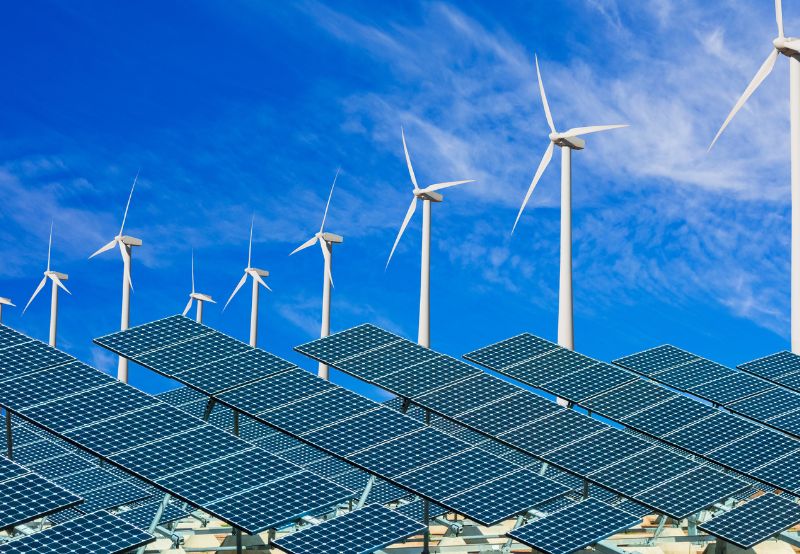Rajasthan Renewable Energy Plan Targets 19,322 MW
Rajasthan is poised to significantly strengthen its energy infrastructure as it sets an ambitious target of expanding its solar power capacity by 19,322 MW by 2030. The move comes in response to the state’s growing power demand, with a focus on reducing reliance on traditional thermal power and increasing the contribution of renewable energy.
The state’s energy strategy is centred on increasing solar capacity, and a recent petition submitted by Rajasthan Urja Vikas and IT Services Limited (RUVITL) seeks approval for the procurement of 3,200 MW of round-the-clock power. This plan is being executed under the Ministry of Power’s competitive bidding guidelines and reflects the state’s broader energy goals. While the procurement primarily focuses on thermal power, the expansion of solar energy capacity remains a key priority, with solar power projects expected to play an essential role in balancing future energy needs.
Rajasthan’s Energy Assessment Committee has noted the growing energy deficit that is projected to increase in the coming years, which has prompted the government to approve both thermal and renewable power capacity expansion. With the detailed project report prepared by the Central Electricity Authority, Rajasthan’s renewable energy future is heavily reliant on solar power. The government aims to add 19,322 MW of solar capacity by 2030, with decentralized solar systems being promoted to meet energy needs in rural areas and reduce transmission costs.
Rajasthan’s government also plans to encourage the development of energy storage solutions, which are crucial for managing solar power’s intermittent nature. These storage systems will help ensure a reliable power supply, stabilizing the grid even as renewable energy generation fluctuates. As part of a broader initiative, Rajasthan is working to promote sustainable and decentralized solar energy projects to ensure that localised energy generation becomes a key contributor to the state’s energy mix. This is expected to not only meet the growing demand for power but also create a greener, more sustainable energy future.



